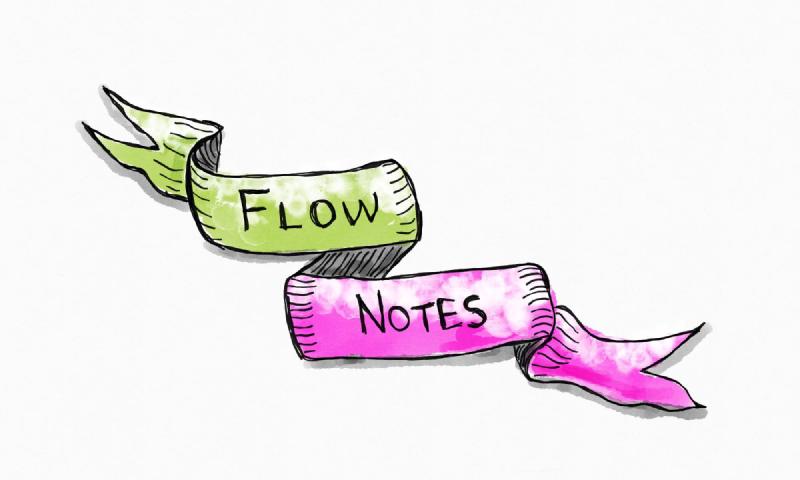This post is my companion sketch notes for all the resources I consumed on the topic of flows. It is not meant to replace the info that I found on the internet but rather supplement it. Nor is it complete or should it be a standalone guide. In fact you can find an excellent list of my favourite resources at the end of the article. It is a document that helps me make sense of the topic. With that disclaimer out of the way…
Let’s take a step back and look at the suspend function. If your coroutine knowledge is rusty, freshen that up first.

What if we want to provide multiple values? A stream of values that can be observed? Enter flows. At their most basic, flows have a producer and a consumer.

The interface looks like this (spoiler it’s just suspend functions under the hood)

The consumer gets the multiple values by using a terminal operator.

If I need to change the produced values along the way before consuming them, there are transform operators.

How do I switch from main to io context?

What’s with the hot and cold flows? How do I remember which is which?

Some practical hot flows.

Flows on Android

References
Kotlin Coroutines Flow in a nutshell
Kotlin Flows ~ an Android cheat sheet
Kotlin Flows in Android summary
Flow under the hood: how does it really work
KotlinConf 2019: Asynchronous Data Streams with Kotlin Flow by Roman Elizarov
Android StateFlow and SharedFlow
If you are reading this far I will reward you with an Android portait.

